Amidst growing tensions with the U.S., Cuba gets cozier with Russia BY NORA GÁMEZ TORRES Via – elnuevoherald.com ngameztorres@elnuevoherald.com OCTOBER 13, 2017 5:24 PM As relations between the United States and Cuba chill in the midst of mysterious attacks on diplomats in Havana, Cuba is getting a lot cozier with its old ally: Russia. To many,
Amidst growing tensions with the U.S., Cuba gets cozier with Russia
As relations between the United States and Cuba chill in the midst of mysterious attacks on diplomats in Havana, Cuba is getting a lot cozier with its old ally: Russia.
To many, this comes as no surprise.
“[Vladimir] Putin’s message is not difficult to understand,” said Richard Feinberg, an expert at Brookings Institution and a former U.S. policymaker for Latin America during Bill Clinton’s administration. “Putin longs to regain the past imperial glory and relations with Cuba follow that same pattern.”
Cuban leader Raúl Castro was welcomed by Putin in 2015 and his possible successor, Vice-President Miguel Díaz-Canel in 2016. But after the election of President Donald Trump, the pace of bilateral contact with Russia has been frantic.
The meeting took place after the U.S. had already expelled two Cuban diplomats and a few days before the “health attacks” on 22 U.S. diplomats in Havana went public. The participation of a third country in the alleged attacks has not been ruled out although the U.S. has not found the culprit.
The statement issued by MINREX on the private gathering between Vidal and Ryabkov suggests they exchanged information related to the United States.
“During the cordial meeting, the parties noted the upward development of friendly relations between Cuba and Russia,” the statement says. “… political consultations took place between the North American and Canadian Departments and the General Directorate for the United States of the Russian and Cuban Foreign Ministries respectively.”
The Cuban ambassador in Moscow also has had an unusually busy agenda these months. In addition to being present at meetings of other Cuban officials and ministers with Russian diplomats, he has met at least five times with Vice Foreign Minister Ryabkov so far this year, according to statements released by the Russian government.
Russian officials — including military personnel — have made frequent visits to Havana this year. In December, just days after the U.S. election, Russia sealed an agreement to modernize the Cuban army.
All this movement between Moscow and Havana has resulted in a greater Russian economic presence on the island.
The government of Putin seems to be prepared to help rescue its former Caribbean ally, which has lost some of the precious oil supply at preferential prices from Venezuela, which is plunged in its own crisis.
The Russian company Rosneft recently announced plans to increase the shipment of oil to the island. Last March, it signed an agreement with Cuban state company Cubametales to ship 250,000 tons of crude oil and diesel to offset the decline in Venezuelan oil.
But it is possible that the government of Nicolás Maduro is involved and that the shipments of oil to Cuba are part of an agreement between Rosneft and PDVSA, says Jorge Piñón, director of Latin America and Caribbean Energy Program at the University of Texas.
In a meeting with Cuba’s energy minister, Alfredo López, Rosneft’s president, Igor Sechin, discussed other joint projects for oil extraction and the possibility of modernizing the Cienfuegos refinery, operated jointly by Cuba’s CUPET and Venezuela’s PDVSA.
Experts point out that the Russian economy has suffered under U.S. sanctions and Venezuela is in one of its worst moments. But Putin has made his geopolitical interest in the area clear. Sending oil to Cuba is “an action to cause discomfort in the U.S. government,” said Piñón.
A greater presence of hostile powers such as Russia, Iran or even China in Cuba — and Latin America — has been one of the arguments used to try to convince the Trump administration not to undo the engagement approach initiated by former President Barack Obama.
The Trump administration, “purposely generates tense relations with our neighbors. That creates spaces for other powers such as Russia, China and Venezuela and for global forces of chaos to find greater hospitality in Latin America,” said Feinberg.
In September, Cuban Vice President and Minister of Economy Ricardo Cabrisas signed a package of agreements in the energy, rail transport and elevator supply sectors, in addition to other accords already signed.
“From the point of view of the Cubans, they are looking to diversify their relationships,” Feinberg added. “As closer economic relations with the U.S. do not seem likely for at least the next few years, they are looking for alternative allies, especially from countries with strong states like Russia and China that can offer favorable payment terms, something very welcome in an economy with poor international credit standards.”
Although the volume of trade with Russia is not close to that of the island with China and Venezuela, it amounted to $176.2 million during the first half of this year, an increase of 72.9% over the same period last year, according to Russian media reports.
In April, Russia offered to fund $1.5 million in UN projects in Cuba for hurricane recovery and later pledged to support recovery efforts following damage caused by Irma.
The number of cultural and sports events sponsored by Russia in Cuba has also been increasing and the Russian and Cuban media follow similar editorial lines. Recently, Cuban news agency Prensa Latina, which has an office in Washington, and the Russian news agency Sputnik, signed an official cooperation agreement.
The FBI is investigating Sputnik to determine if it acts as a Kremlin agent.
El Nuevo Herald correspondent Mario J. Pentón contributed to this report.
Follow Nora Gámez Torres on Twitter: @ngameztorres

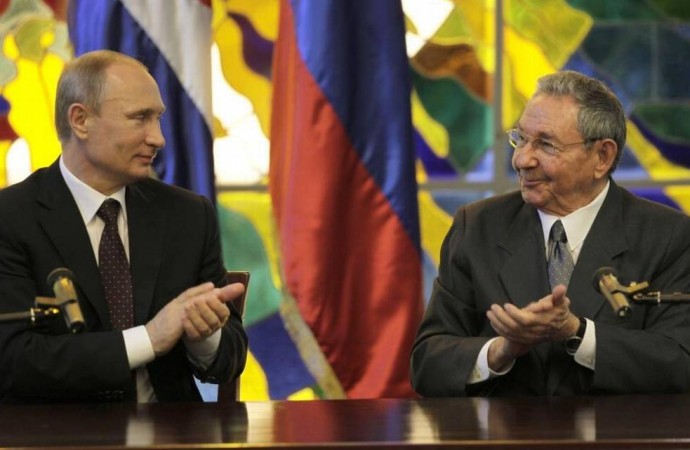
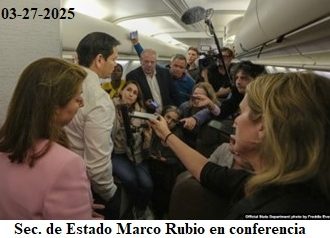

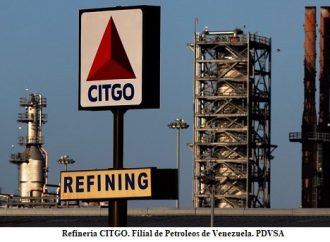

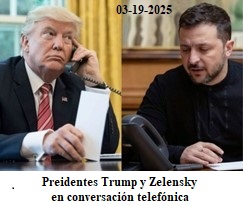



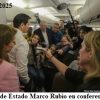



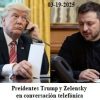





Leave a Comment
Your email address will not be published. Required fields are marked with *